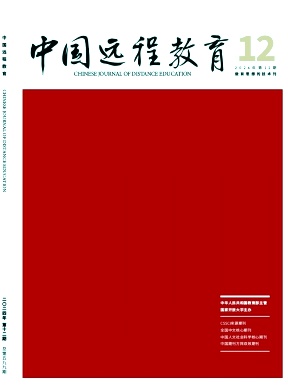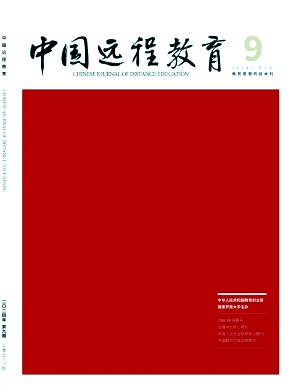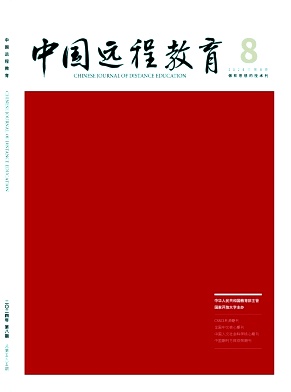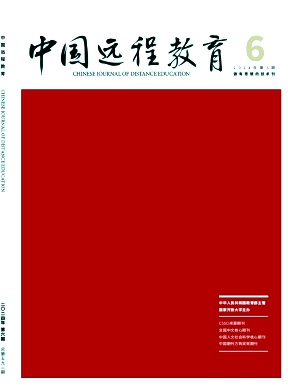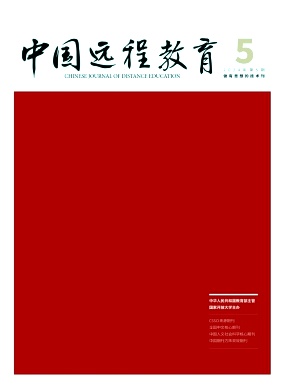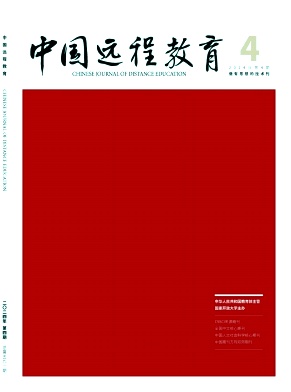
Contents
•Cultivating Top Innovative Talents to Support the Development of New Quality Productive Forces:An Exploration into Early Cultivation of Top Innovative Talents and Integration into the Curriculum Construction of Primary and Secondary Schools
•Substitution or Empowerment:The Impact and Response of Artificial Intelligence Teaching on Teachers’ Teaching Rights
•Has Parental Education Anxiety Been Relieved in the “Double Reduction” Landscape? An Empirical Survey Based on 29 Provinces(Autonomous Regions, Municipalities)in China
•Digital Portrait of Teachers with Multi-scene Integration: Pattern Construction and Application Method
•Artificial Intelligence Assists Teachers’ Professional Development: Value Positioning, Realistic Constraints and Institutional Construction
•The Logical Architecture and Generation Mechanism of Meaningful Evaluation for Teachers Empowered by Digital Technology
•Teachers’ Identity Mirror Image in the Era of Artificial Intelligence:Dilemma and Construction
•The Form and Path of Digital Transformation of Vocational Education Evaluation in the New Era
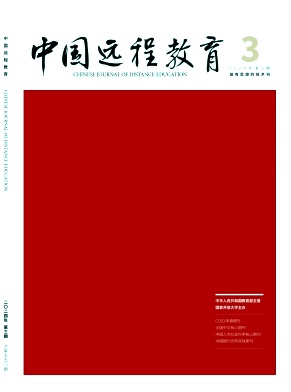
Contents
•The Theoretical Dimension and Practical Path of Ecological Civilization Education
• A Breakthrough of Subject: The Contribution of Birmingham School to Critical Pedagogy
• Is Ability-based Class Placement Beneficial to Disadvantaged Students?
The Effectiveness and Hidden Concerns of the Educational Stratification Systems from the Perspective of Fair Opportunities
• Evaluation and Verification of Design Problem-solving Ability Based on Multi-modal Data
• Research on the Training Model for Rural Teachers Empowered by Smart Platform for National Basic Education:
Digital Technology Promoting High-quality Development of Rural Education
• Connotative Characteristics, Value Orientation and Development Path of Precise Teaching and Research
• The Analysis and Cultivation of Teachers’ Teaching Imagination Literacy in the Era of Artificial Intelligence
• Clarification of the Nature of Disciplinary Actions Against Students in the Context of Higher Education
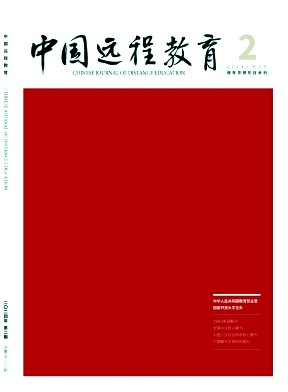
Contents
• The Basic Framework and Construction Strategies of Collaborative Education between School, Family and Society
• The Imagined Dilemma: Value Education for the Generation of Generative Artificial Intelligence
• How Do Adolescents’ Perceived Teacher Justice Impact School Bullying Behaviors? Structural Equation Modeling Based on Cognitive-Affective System
• Paradigm Change in Educational Research Under the Digital Transformation of Education
• “New Empiricism” Pointing to Complexity: Research on the Paradigm Evolution and Innovation of Educational Research
• Myths and Clarifications about Qualitative Research
• The Logic and Mechanism of the Discipline Community Ecology Driven by Digital Transformation
• Problems, Cause and Countermeasures in the Research and Development of Intelligent Education Products

Contents
• Seeking Change within Constancy: An Exploration of the Hundred-Year Development Experience of Communist Party of China’s Fostering Virtue through Education
• The Value Logic, Key Elements and Path Choice of Cultivating Top Innovative Talents in Colleges and Universities
• The Methodology of “Internet+Education”: Sharing Drives Innovation
• How Does Online Public Opinion Shape Education Policy:
Analyzing the National “Double Reduction” Policy Agenda as An Example Using Adapted Multi-stream Theoretical Framework
• Investigating the Path of Adaptive Educational Resource Allocation Based on “Cloud School” : Digital Technology Promoting High-quality Development of Rural Education
• A Study on the K-12 Education Equity Development Index Promoted by Informatization
• Construction and Validation of Self-Directed Learning Behavioral Framework from the Perspective of Process
• The Teaching Input Evaluation of College Teachers in the Online and Offline Integration Environment: Principles and Indicators
• Pedagogical Interpretation of the Integration of Ideological and Political Education in Universities, Middle Schools and Primary Schools
